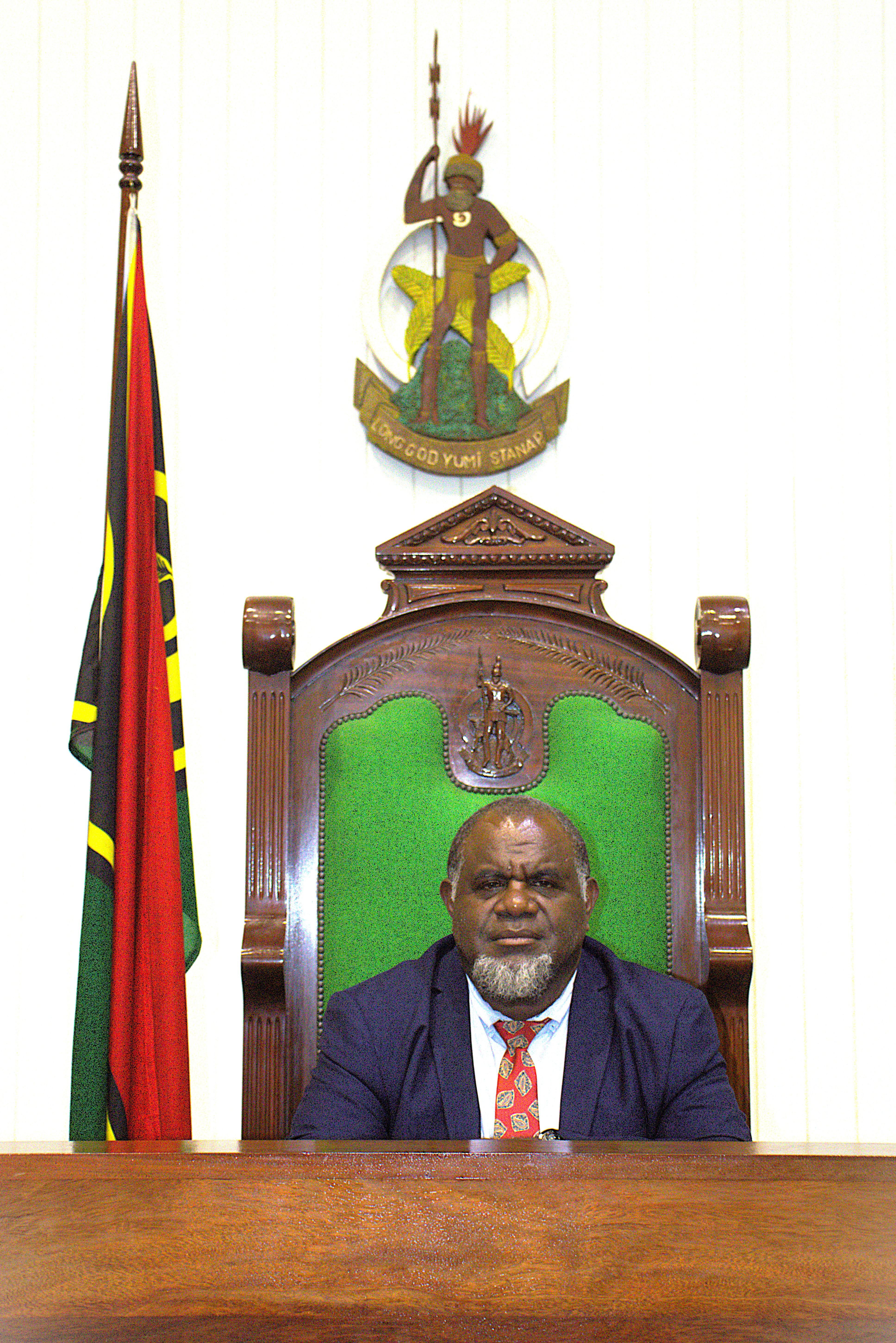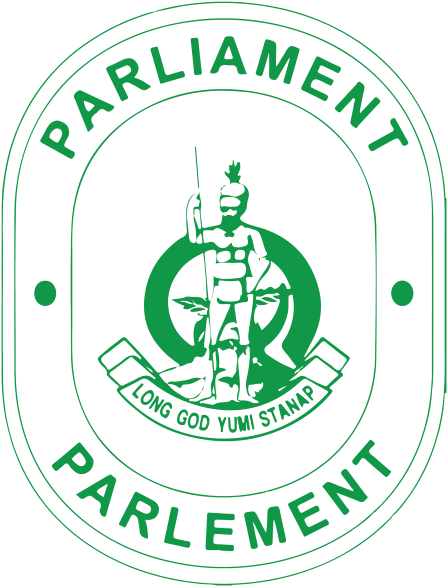The Speaker of Parliament
The Speaker of Parliament is elected by all Members of the Parliament. The election is held at the first sitting of the newly elected Parliament or when vacancy occurs. Article 22 of the Constitution specifies that the Speaker "shall preside at sittings of Parliament and shall be responsible for maintaining order". The Speaker presides at Sittings of Parliament, guides the debates and ensures that all Members respect parliamentary usage and procedures; he is also responsible for maintaining order. The Speaker does not take part in debates and does not vote. The Speaker represents Parliament and signs documents originating therein. The term of the Speaker is four years (term of the House) but can be interrupted due to death, resignation and dissolution and changes in the government.
He is assisted by the First Deputy Speaker, Second Deputy Speaker, Third Deputy Speaker and Fourth Deputy Speaker, also elected by Parliament.
The role of the Speaker
Stipulates in the Standing Order, PART 2 - OFFICERS OF THE PARLIAMENT, Powers and duties of the Speaker, mentioned in Section 10 (1), (2), (3), (4), (5), (6) and (7).
The Constitution CHAPTER 6 - HEAD OF STATE" 37 (1) and (2) The Speaker of Parliament also acts as President of the Republic when the latter is traveling abroad or incapacitated and also when there is a vacancy or unable to perform Presidential duties.
Eligibility
- Any Member of Parliament can be a candidate.
- Candidatures must be submitted by a third party who is himself a Member.
- Candidatures must be seconded by another Member.
Voting System
- If only one candidature is submitted : the candidate is elected without a vote or debate
- If several candidatures are submitted : vote by secret ballot. The simple majority is required
Procedures / Results
- The eldest Member presides over the Parliament during the voting.
- The eldest Member announces the results without any delay.
Organization of Parliamentary Business
- Convenes sessions.
- Establishes and modifies the agenda.
Chairing of Public Sittings
- Can open, adjourn and close sittings.
- Ensures respect for provisions of the Constitution and Standing Orders.
- Makes announcements concerning the Parliament.
- Takes disciplinary measures in the event of disturbance, and lifts such measures.
- Establishes the list of speakers, gives and withdraws permission to speak.
- Establishes the order in which amendments are taken up and selects which amendments are to be debated.
- Checks the quorum.
- Authenticates the adopted texts and the records of debates.
- Interprets the rules or other regulations governing the life of the Parliament.
Special Powers
- Interprets the rules or other regulations governing the life of the Parliament Special powers.
- Is responsible for relations with foreign Parliaments.
- Is responsible for safety, and in this capacity, can call the police in the event of disturbance in the Parliament.
Speaking and voting rights, other functions
- Takes part in voting, in the event of a tie only.
The Standing Orders of Parliament and the Parliament (Administration) Act 2005 establish that the Speaker is the head of the parliamentary branch of government. The Act makes it explicit that staff of the Office of the Speaker are to be appointed by the Speaker alone and not by the Parliament Management Board (see below). The Act also clarifies that the Clerk “must perform all duties in the service of Parliament as are assigned to him or her by the office of the Speaker”.

